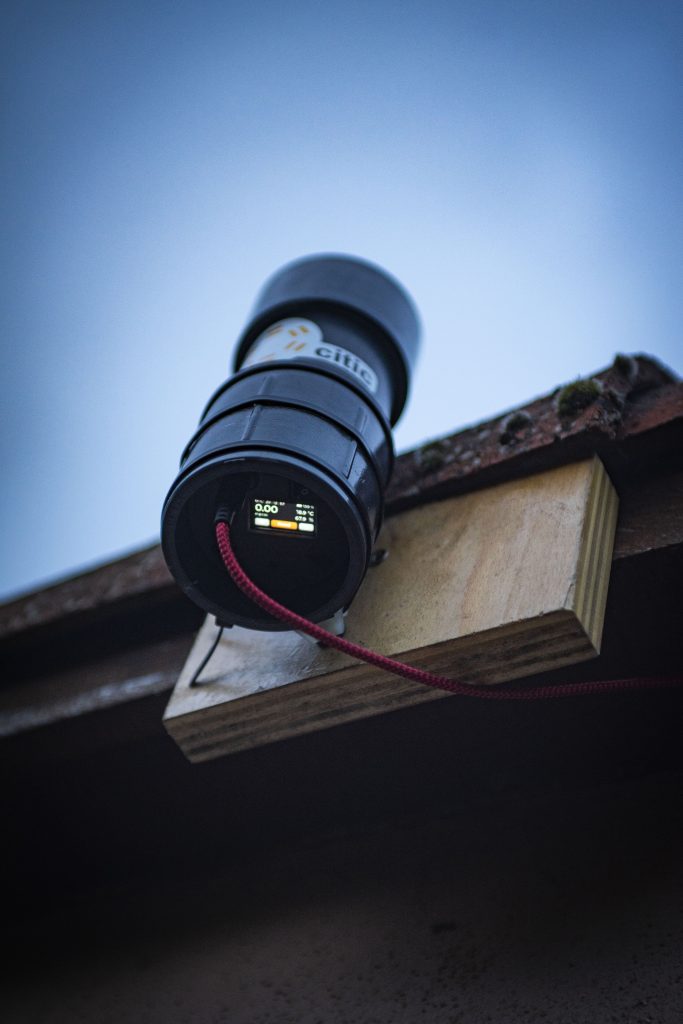
The FreeDSM photometer from CITIC of UDC, a device that allows accessible and precise measurement of light pollution
- An article published in the journal Nature Reviews Earth & Environment (DOI: 10.1038/s43017-024-00580-8) presents the FreeDSM photometer, an accessible and low-cost device developed by CITIC and the University of Barcelona to measure light pollution.
- This device allows precise comparisons of nighttime light levels and is being used in observatories and scientific platforms worldwide.
A Coruña, August 14, 2024.– Predoctoral researcher Mario Casado, from the research group at CITIC of the University of A Coruña led by Carlos Dafonte, has published a dissemination article in the journal Nature Reviews Earth & Environment. This work, part of the journal’s “Tools for Trade” series, aims to highlight instrumentation developments carried out by predoctoral students. The article, dedicated to the FreeDSM photometer, presents this innovative device that allows precise measurement of nighttime light levels.
The photometer is the result of a “MICINN Proof of Concept” project in which the University of A Coruña collaborates with the University of Barcelona, focused on the study and mitigation of light pollution.
The FreeDSM stands out for its accessibility, as it is designed to be built by users themselves using low-cost and readily available components. The device uses Tasmota software, an open-source IoT platform, which facilitates its implementation and customization. Additionally, the FreeDSM allows comparisons of nighttime light measurements with theoretical natural light levels based on the Gambons natural sky model, developed by the University of Barcelona using data from the Gaia space mission.
The accessibility and affordability of the FreeDSM enable extended monitoring of light pollution. Detailed real-time data on artificial light levels are essential for assessing the impacts of light on ecosystems. For example, the FreeDSM is used to monitor light pollution in aquaculture platforms near Vigo and in astronomical observatories in La Silla, Chile, and Montsec, Catalonia. Monitoring light pollution with the FreeDSM can thus support the sustainable use of artificial lighting in marine and terrestrial environments, reducing its negative impacts on natural ecosystems and human health.
The project also has the support of the Slowlight Foundation, with which there is an agreement to continue the development of the FreeDSM and expand its application in the fight against light pollution.
For more information about this project, you can visit the website: https://gaia4sustainability.eu.





